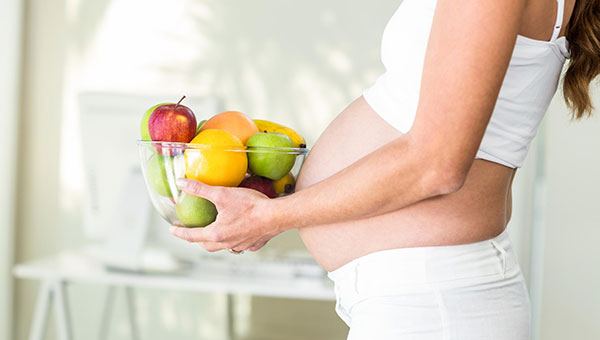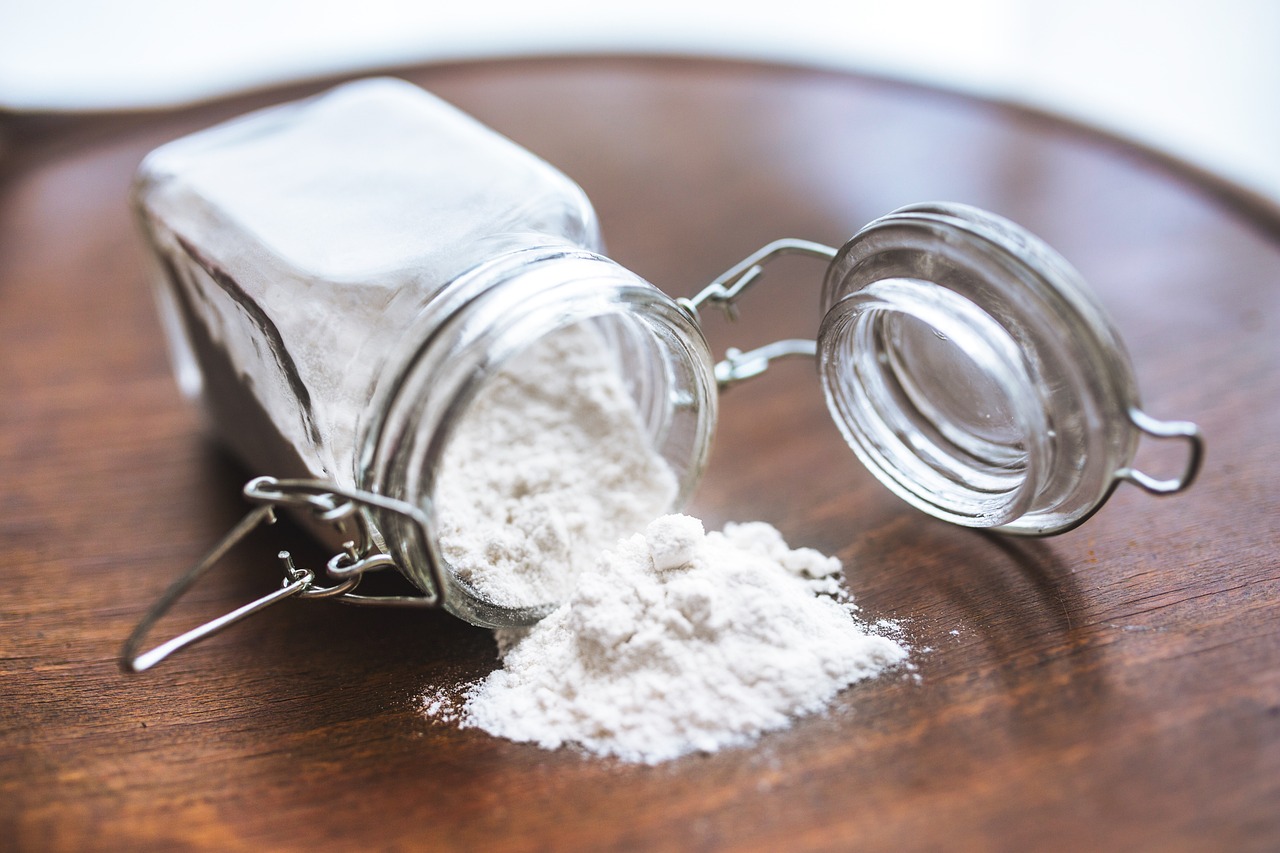Introduction:
Pregnancy is an exciting time, but it also comes with many questions and concerns, especially when it comes to what to eat. One area of confusion that expectant mothers often encounter is the role of fruits in their diet. During pregnancy, maintaining a healthy diet is crucial for the well-being of both the mother and the developing baby. Fruits are an essential part of a balanced diet, providing essential nutrients and vitamins. However, certain fruits may have varying effects on pregnancy.
The Good:
Fruits are packed with vital nutrients that support overall health and development during pregnancy. They are rich in fiber, vitamins (such as vitamin C), minerals (like potassium), and antioxidants that help boost immunity and promote healthy digestion. Many fruits also contain folate or folic acid which is crucial for preventing neural tube defects in babies.
The Good: Nutritious Fruits for Pregnancy
Fruits are a treasure trove of essential nutrients that support maternal health and fetal development. Here are some top-notch choices for expectant mothers:
1. Apples: Rich in fiber and vitamin C, apples not only help maintain healthy digestion but also boost your immune system. Their natural sugars can help control sugar cravings while still providing essential nutrients.
2. Bananas: High in potassium, which helps regulate blood pressure during pregnancy, bananas are a great fruit option. They also contain vitamin B6, which helps with morning sickness and maintaining healthy nerve function.
3. Berries : Berries (Blueberries, Strawberries, Raspberries): Bursting with antioxidants, fiber, and vitamins, berries are exceptional choices. Their high vitamin C content aids in collagen production, essential for healthy skin and tissue repair. Additionally, the fiber content helps alleviate constipation—a common discomfort during pregnancy.
4. Oranges: These citrus fruits are loaded with vitamin C, which aids in iron absorption and boosts the immune system. They also have a good amount of folate, which is crucial for preventing neural tube defects in babies.
5. Avocado: This creamy fruit is a source of healthy fats and folate. Healthy fats support brain development, and folate aids in the formation of the baby’s nervous system.
The Bad:
Unripe or semi-ripe papayas contain higher levels of papain which can be harmful during pregnancy. It is advisable for pregnant women to avoid consuming unripe or semi-ripe papayas as a precautionary measure due to their potential uterine-stimulating properties.
The Bad: Fruits to Consume in Moderation
While many fruits offer health benefits, a few require cautious consumption due to their potential to trigger certain reactions in pregnant individuals:
1. Pineapple: This tropical treat contains a compound called bromelain that may soften the cervix if consumed in large quantities. Stick to moderation when enjoying pineapple during pregnancy.
2. Grapes: Some studies suggest grapes might increase body heat or have traces of pesticides; therefore, it is recommended to consume them in moderation and opt for organic varieties when possible.
The Unhealthy:
While ripe papayas are generally considered safe for consumption during pregnancy when consumed in moderation, it’s important not to overindulge in any fruit during this time. Excessive intake of any fruit can lead to an imbalance in blood sugar levels due to their natural sugar content.
The Unhealthy: Fruits to Avoid During Pregnancy
Papaya during pregnancy
Fruit that expectant mothers should be cautious of is papaya, particularly the unripe or semi-ripe varieties. These contain a latex substance that may cause uterine contractions and potentially lead to miscarriage.
The conversation around papaya during pregnancy isn’t all negative. Ripe papaya, when consumed in moderation, can offer certain benefits. Ripe papaya contains lower levels of papain, reducing the risk of adverse effects. The fruit’s high vitamin C content aids collagen synthesis, vital for the developing fetus’s tissues. Moreover, the fiber in papaya can help with digestion and alleviate constipation—a common discomfort during pregnancy.
Risks:
· Unripe or semi-ripe papayas are rich in papain, an enzyme that can inhibit the fetus’s growth and development.
· Consuming large amounts of papaya may lead to uterine contractions and could potentially result in miscarriage or preterm labor.
Benefits:
· Fully ripe papayas are generally considered safe during pregnancy as the harmful enzymes are deactivated during maturation.
· They’re high in vitamin C, vitamin A, fiber, and folate, which contribute to a healthy diet during pregnancy.
Precautions:
· To enjoy the benefits of papaya without the risks, be sure to consume only fully ripe papayas.
· If you have any concerns about consuming any fruit during pregnancy, it’s always best to consult your healthcare provider before adding it to your diet.
Safe Alternatives:
If you’re craving tropical flavors during pregnancy, there are several safe alternatives to consider. Fruits like mangoes, bananas, oranges, and strawberries are excellent choices as they provide similar nutritional benefits without the potential risks associated with papaya.
Consulting Your Healthcare Provider:
As with any dietary concerns during pregnancy, it is crucial to consult your healthcare provider or a registered dietitian before making any significant changes to your diet. They can provide personalized guidance based on your specific health needs and help you make informed decisions regarding fruit consumption.
Practical Tips for Fruit Consumption During Pregnancy
1. Diverse Diet: Variety is key to ensuring you receive a broad spectrum of nutrients. Incorporate a mix of colorful fruits to maximize your nutrient intake.
2. Consult Your Healthcare Provider: Before making any significant dietary changes, consult your healthcare provider. They can offer personalized guidance based on your medical history and individual needs.
3. Moderation: Even with the healthiest fruits, moderation is essential. Overindulgence in any food can lead to imbalanced nutrition.
4. Safety First: Wash fruits thoroughly to remove potential pesticide residues. Cut fruits into smaller pieces to avoid choking hazards.
Conclusion:
Pregnancy is a time of immense transformation, demanding thoughtful choices that nurture both the expectant mother and the growing life within her.The journey of pregnancy is one of wonder and responsibility, demanding careful consideration of dietary choices. Fruits play a vital role in maintaining a healthy diet during pregnancy. Fruits, with their array of nutrients, play a pivotal role in supporting both maternal health and fetal development. By understanding the effects of different fruits, expectant mothers can make informed decisions that contribute to a healthier pregnancy.
While some fruits should be approached with caution due to potential risks, others offer valuable nutrients that benefit both mother and baby. The discourse surrounding papaya during pregnancy underscores the importance of informed choices. Ripe papaya, consumed in moderation, can be a part of a diverse and nutrient-rich pregnancy diet.
Remember, every pregnancy is unique, and what works for one might not work for another. By consulting healthcare professionals, practicing moderation, and maintaining a varied and balanced diet, expectant mothers can navigate the world of fruits during pregnancy with confidence, nurturing the health and well-being of themselves and their precious little one.


 Home
Home









